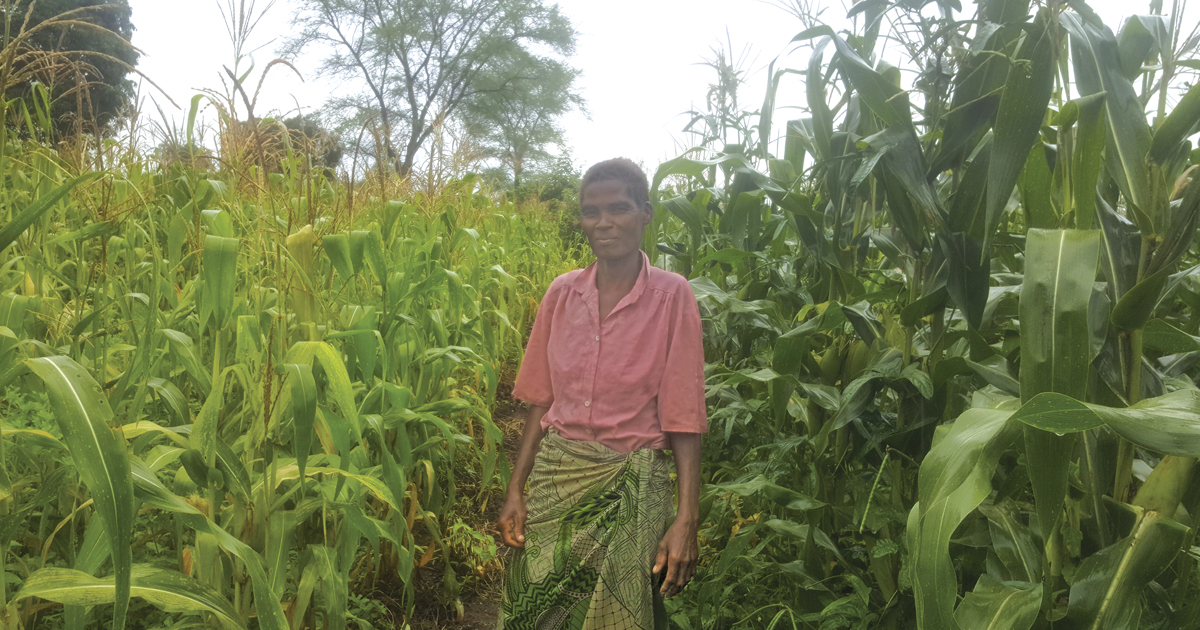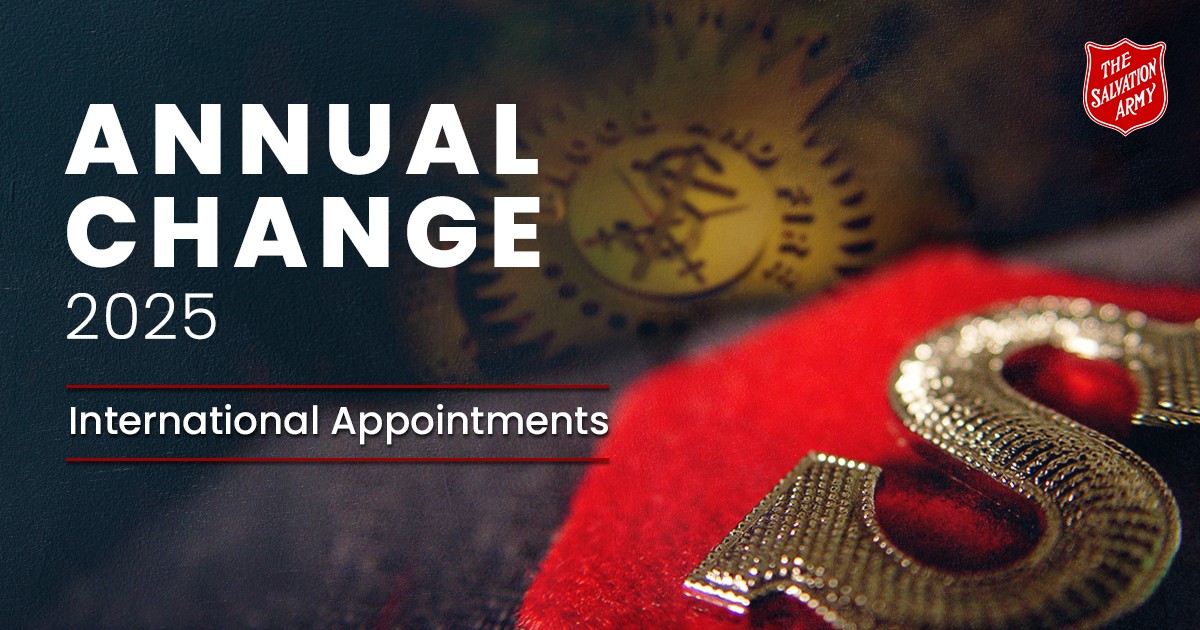(Above) Chrissie is a farmer in Chambo, Malawi. After receiving training in conservation agriculture, her yield rose from seven to 35 bags of maize, enough to feed her family for a year and send all her children to school
The United Nations (UN) has designated March 8 as International Women’s Day, with this year’s theme being “Embrace Equity.”
According to the UN, gender equity means “being fair to women and men. To ensure fairness, measures are often needed to compensate for historical and social disadvantages that prevent women and men from otherwise operating as equals. Equity leads to equality.”
Helping girls and women around the world receive the tools and resources to live in a more just, equitable society is at the forefront of The Salvation Army’s international work, which is why the education of females is a critical aspect of our projects overseas.
One of the missions of International Women’s Day is “to shine a spotlight on activity uplifting and inspiring women to pursue goals without bias or barrier.”
Today, we celebrate the strong women who are forging change. Forging change could look like many things—beginning a new job in a male-dominated field, being a stay-at-home mother nurturing the family and household or doing whatever it takes to provide for your family.
For Chrissie, a single mother of six, it was all three.
Working as a small-scale farmer in Chambo, Malawi, Chrissie used to cultivate three-and-a-half acres, which would yield less than seven bags of maize. This wasn’t enough to provide for her family, and she was only able to send two of her children to school.
A lack of tools and resources, combined with drought and degraded soil, meant Chrissie struggled to make ends meet.
The Salvation Army in Canada and Bermuda has implemented agriculture projects all over the world, which is just one of the ways we’ve been fighting global hunger for more than 100 years.
Partnering with The Salvation Army in Malawi and Canadian Foodgrains Bank, an organization whose mission is to end global hunger, we’ve been supporting the Sustainable Agriculture and Food Security project.
This three-year project is providing more than 450 farmers with training in conservation agriculture. This method of farming provides farmers with the knowledge and tools to achieve higher crop production levels while saving resources and protecting the environment.
Thirty lead farmers were chosen to promote their new findings and techniques to their communities, ensuring that the learning goes beyond this project and more families can benefit.
Chrissie was one of the farmers who participated in the training and received agriculture inputs, including maize and cowpea seeds and fertilizer. Once she adopted her new learning, Chrissie’s life was changed.
After harvesting her two plots, she grew 35 bags of maize, each weighing nearly 50 kilograms. For a rural farmer, this is a life-changing triumph.
Chrissie kept 15 bags to feed her family—enough for a whole year. She also sold 20 bags and used some of the proceeds to send all her children to school.
“God has made a way for me,” she says. “My hopes were gone but now I can see my children smiling again.”
Chrissie’s story is one of many—stories of hope and transformation are birthed when people are given the tools, resources and education they need, and the belief that they can and will forge change.
The Salvation Army is actively working in 133 countries to combat food insecurity and ensure that women always have a seat at the table. This is how we’re working to embrace equity, everywhere.
What can you do today to embrace equity?
This story is from:










Leave a Comment